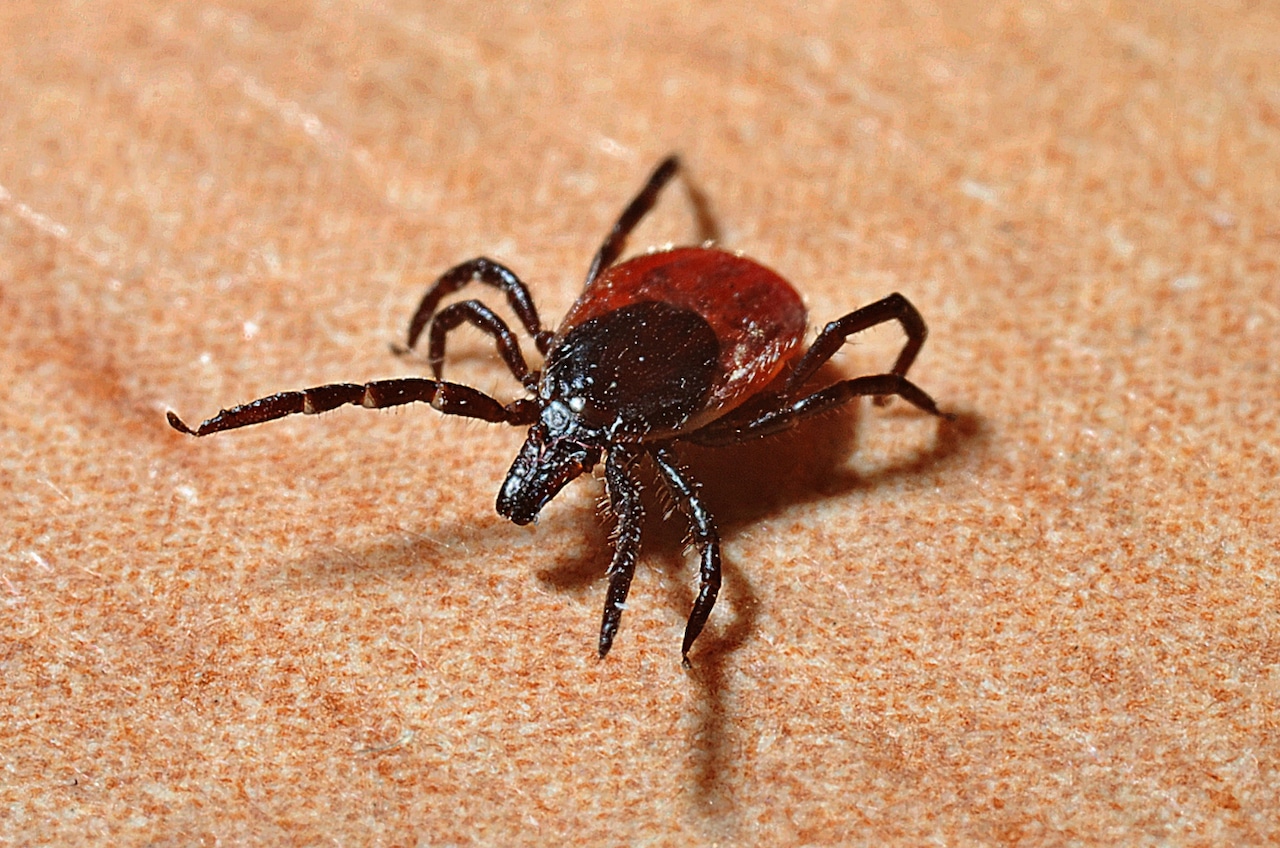Tick Hunters Wanted: Rutgers Launches Citizen Science Mission to Map Garden State's Tiny Terrors

Rutgers University is taking a groundbreaking approach to tick research by introducing NJ Ticks 4 Science, an innovative citizen science program that empowers New Jersey residents to become active participants in understanding and tracking tick populations across the state.
This exciting initiative invites community members to play a crucial role in scientific research by collecting and reporting tick data. By engaging everyday citizens, Rutgers aims to create a comprehensive, real-time map of tick distribution and behavior throughout New Jersey.
Participants can contribute valuable insights by collecting tick specimens, documenting their locations, and sharing their findings with researchers. The program not only advances scientific understanding of tick populations but also helps raise awareness about tick-borne diseases and their potential health risks.
Through NJ Ticks 4 Science, Rutgers is transforming how scientific research is conducted, turning local residents into citizen scientists who can make meaningful contributions to public health and environmental research.
